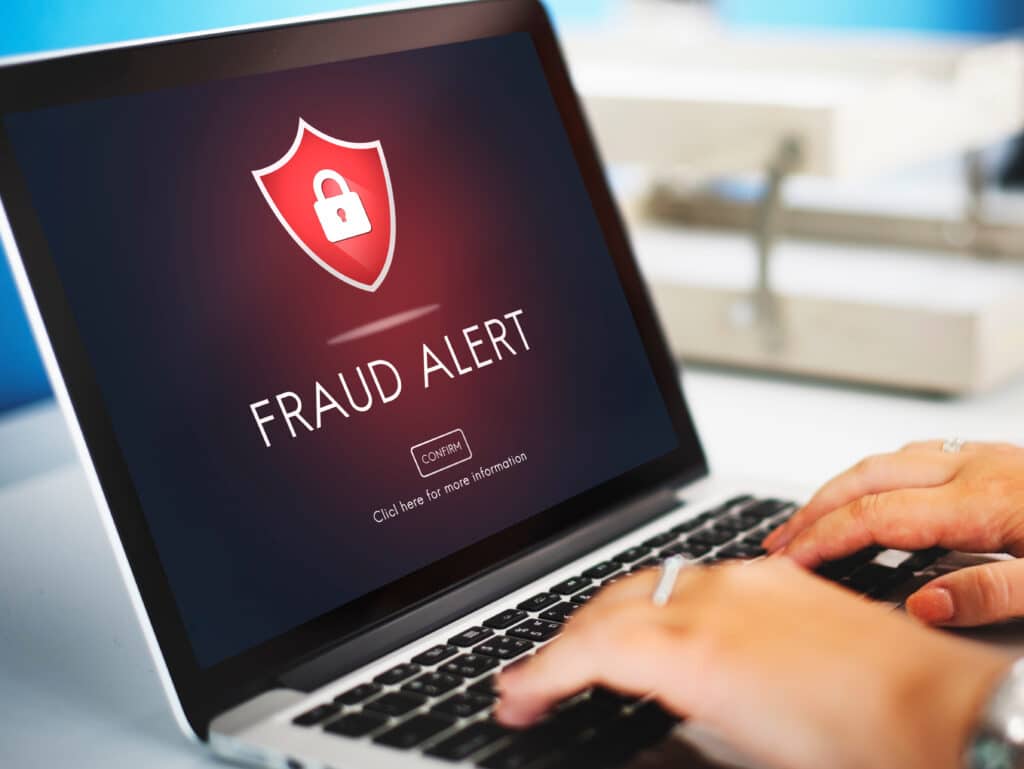How to Handle IRS Notice 5071C – Taxpayer Identity Verification Request

It’s tax season again, and while taxpayers are busy filing returns, scammers are working hard to steal information. Identity theft affects 1 in 3 Americans, with criminals using stolen data to file fraudulent returns for financial gain.
The IRS uses a fraud detection system to identify suspicious tax returns. If your return gets flagged, the IRS will send a letter requesting an identity verification. One such letter is the 5071C notice.
Here, we’ll explain what this letter means and the steps you must take if you receive one.
What is an IRS Notice 5071C?
It alerts you that the IRS received a tax return with your name and Social Security number. However, they need to verify your identity online because they suspect it might not be your return.
If you didn’t file a tax return, someone else might have used your information to file a false return to commit fraud. In this case, you must inform the IRS of possible identity theft to stop the scammer.
If you indeed filed a return, you must complete the online verification process to let the IRS know it’s you. The agency might ask for additional information to process your return.
Why Did I Receive This Notice?
You might get a 5071C letter for a few reasons, even if you haven’t filed your tax return yet.
The most common reason is identity theft. Criminals sometimes use Social Security numbers and other personal information to file fraudulent tax returns. They do this to steal tax refunds.
In rare cases, there might be a genuine mistake where two tax returns are filed with the same Social Security number. This could happen due to errors by a tax preparer or your duplicate filings.
What Should You Do Next?
You need to verify your identity as soon as possible. You can do this online or by calling the IRS.
If you suspect fraud, use the Identity and Tax Return Verification Service and log in with your IRS account to start the process. Inform the IRS that you didn’t file a tax return.
If you did file, log in to the same page and confirm you filed. Before starting, have the tax return in question and the IRS 5071C notice ready. These documents will help you answer questions about the return so the IRS can confirm your identity.
Verify your identity promptly to avoid further delays in processing your return and receiving your refund (if applicable).
The IRS may take up to nine weeks to process your return, so you may not receive your refund immediately after completing the verification. To track your refund, use the Where’s My Refund? Tool in the IRS website.
Beware of Phishing Scams
Remember, the IRS will never email or call you to request personal information. If you receive a call claiming to be from the IRS, do not provide any details. It’s likely a scam. You can always hang up and call the IRS to verify the contact.
If there’s an issue with your taxes, the IRS will mail you a notice first. Scammers can also send fake letters pretending to be from the IRS. Always verify the authenticity of any letter before responding.
Click the link to find out what authentic IRS letters look like.
While responding to a 5071C letter is typically straightforward, you might consider seeking professional help if your tax situation is complex or you feel uncomfortable responding independently.
If you have questions or need help with your taxes, call Peace of Mind Tax Help at 775-245-4357 for a free 15-minute, no-obligation consultation.
